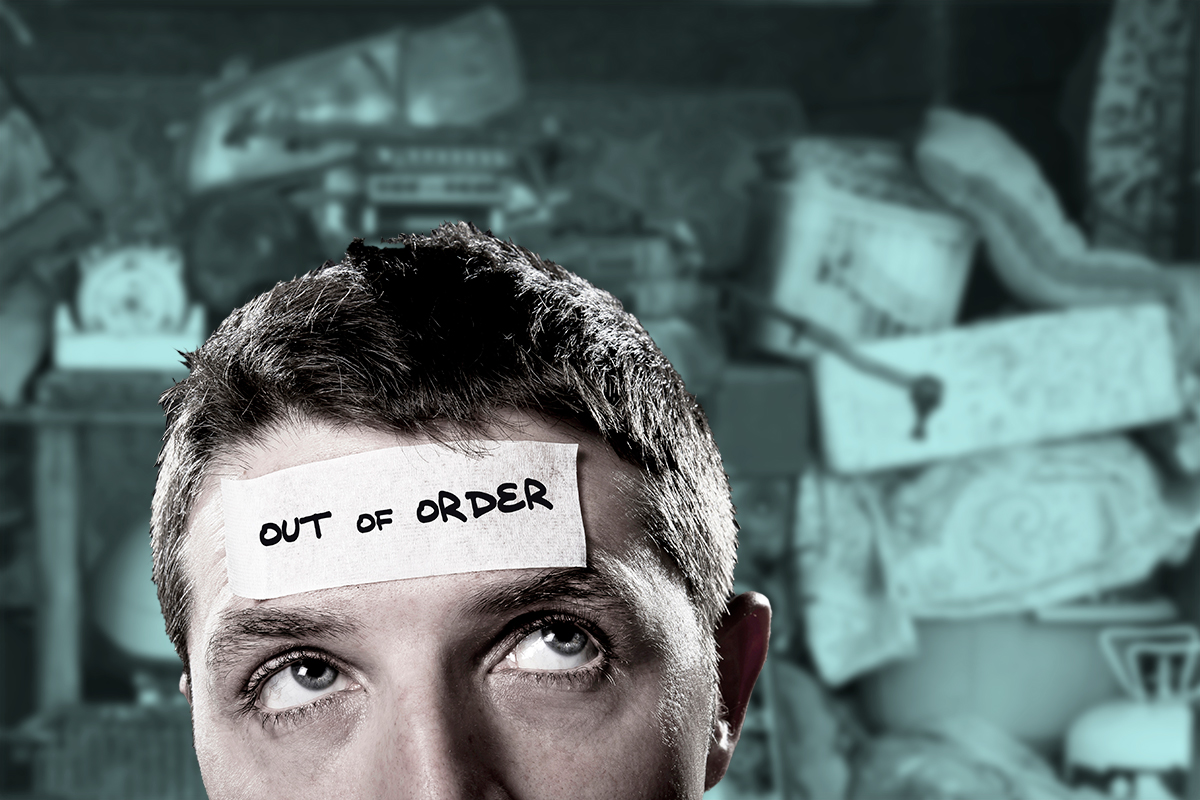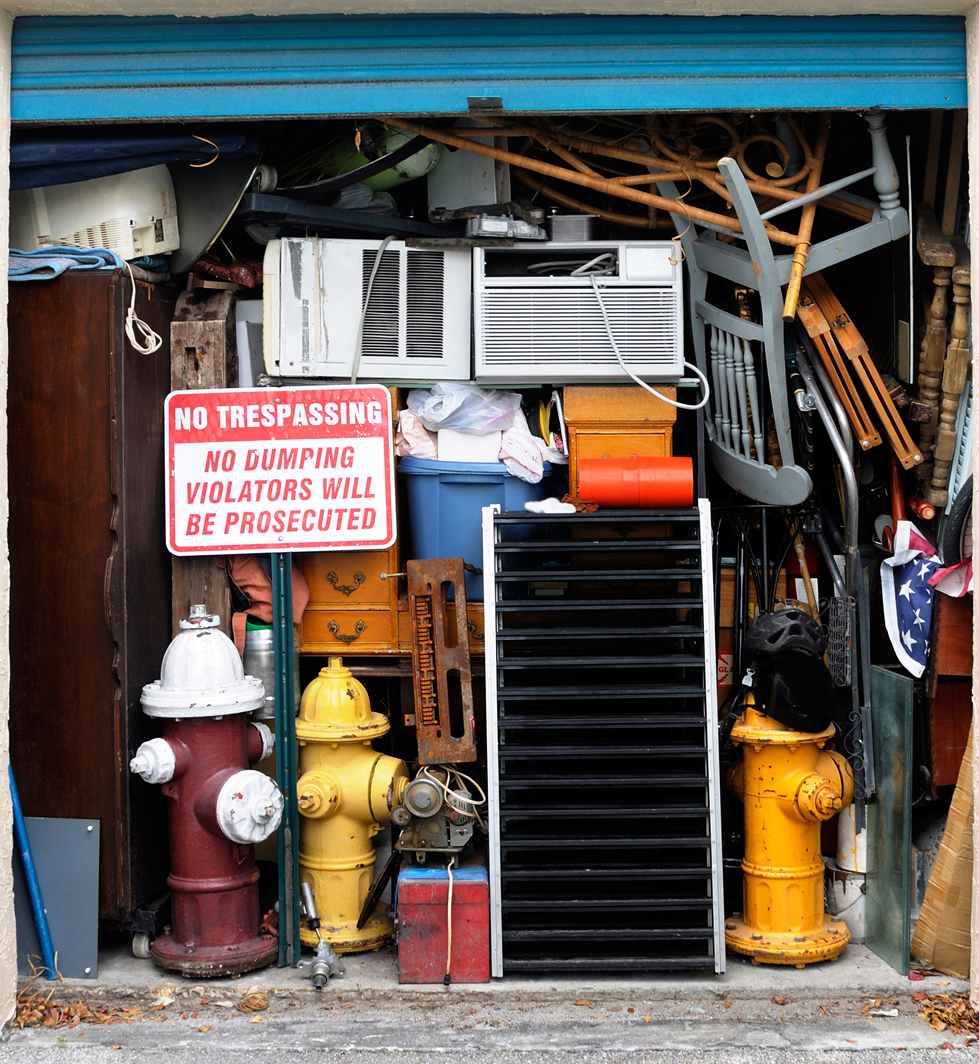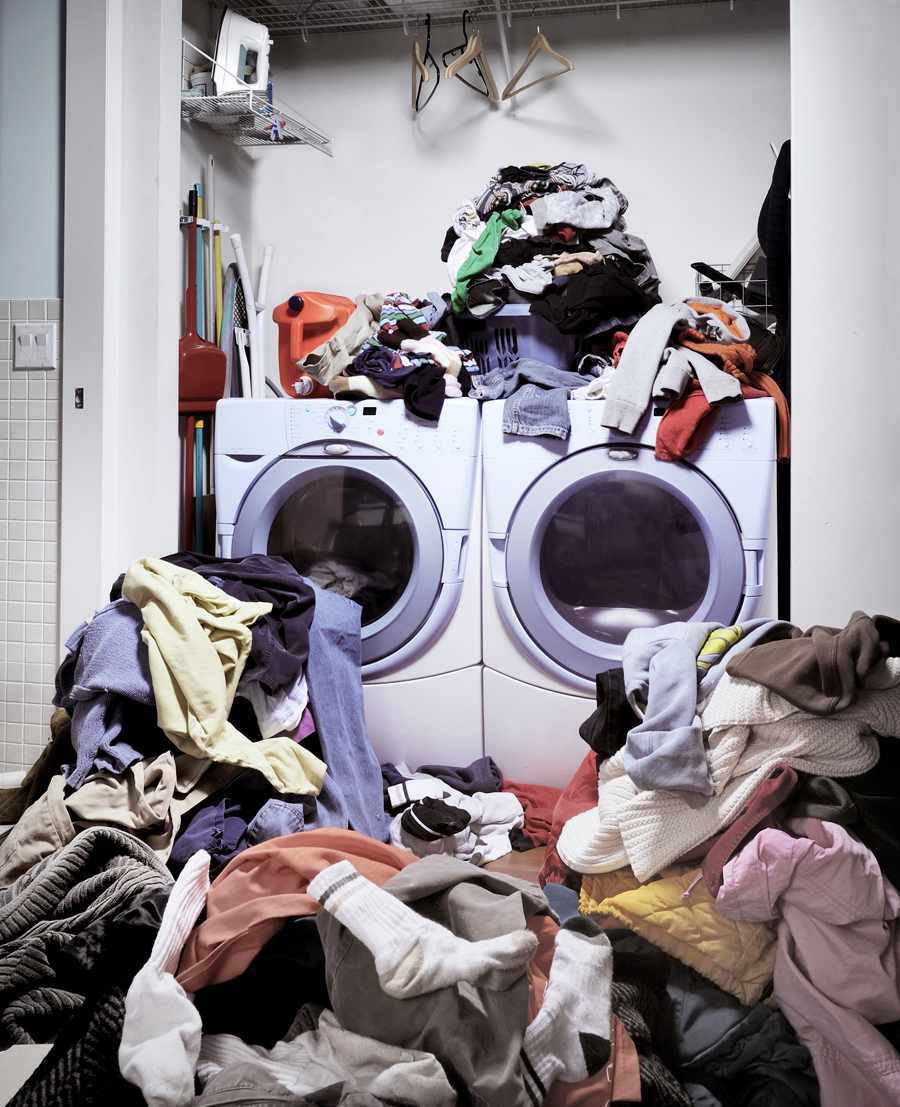Cleaning Up Your Act
 |
|
|
 |
 |
 |
|
|
Even if you're a certified clutterbug, there's still hope—if you can appreciate how cleaning, organizing, and decluttering your home bring a much-needed sense of control to life and positively impact both mood and health.
That belief sets the stage for author Marie Kondo's book The Life-Changing Magic of Tidying Up: The Japanese Art of Decluttering and Organizing, which has become a worldwide best seller.
Kondo, a professional cleaning consultant in Japan, commands a waiting list a mile long for her services there. But for the rest of us who don't have access to her expertise, it's good news that her book breaks down her approach to tidying into clear, simple concepts.
First, touch everything you own and ask yourself if it sparks joy. If it doesn't, thank it for its service and get rid of it. Second, put every remaining item in a place where you can see it, and then put it back in a place where it belongs. This step will bring you to housekeeping nirvana, hopefully getting you to a place where you never have to organize again.
While the book makes the whole process of decluttering and organizing things sound so simple, the reality is that a lot of people have trouble determining where to start.
"Whenever I go to someone's home, they all have books on how to get organized on their shelves," says Southern California professional organizer Thalia Poulos of Organized Beautifully. "They've tried to do it on their own, but it often doesn't work. People would rather be playing golf or spending time with family than organizing their belongings."
Living in a mid-century modern home can add another layer of stress to the equation.
"In order to maintain one of these homes, you have to have a very confident relationship with stuff, because the style of the homes is so minimal," says Dr. Regina Lark, a certified professional organizer and board member of the National Association of Professional Organizers. Her own experience owning an MCM home in the San Fernando Valley highlighted the need for streamlined living.
A key argument of Kondo's book is that hardly anyone is aware of how many things he or she owns, and the reason they can't get organized may lie in their heads.
"Most of the people who call me are chronically disorganized," Lark says. "I see them as having been hardwired differently than me. It has to do with the executive function in their brain, which helps you to make lists and keep order. People who have issues with this section of the brain, really don't know what to do. It's not right or wrong; it's just different."




